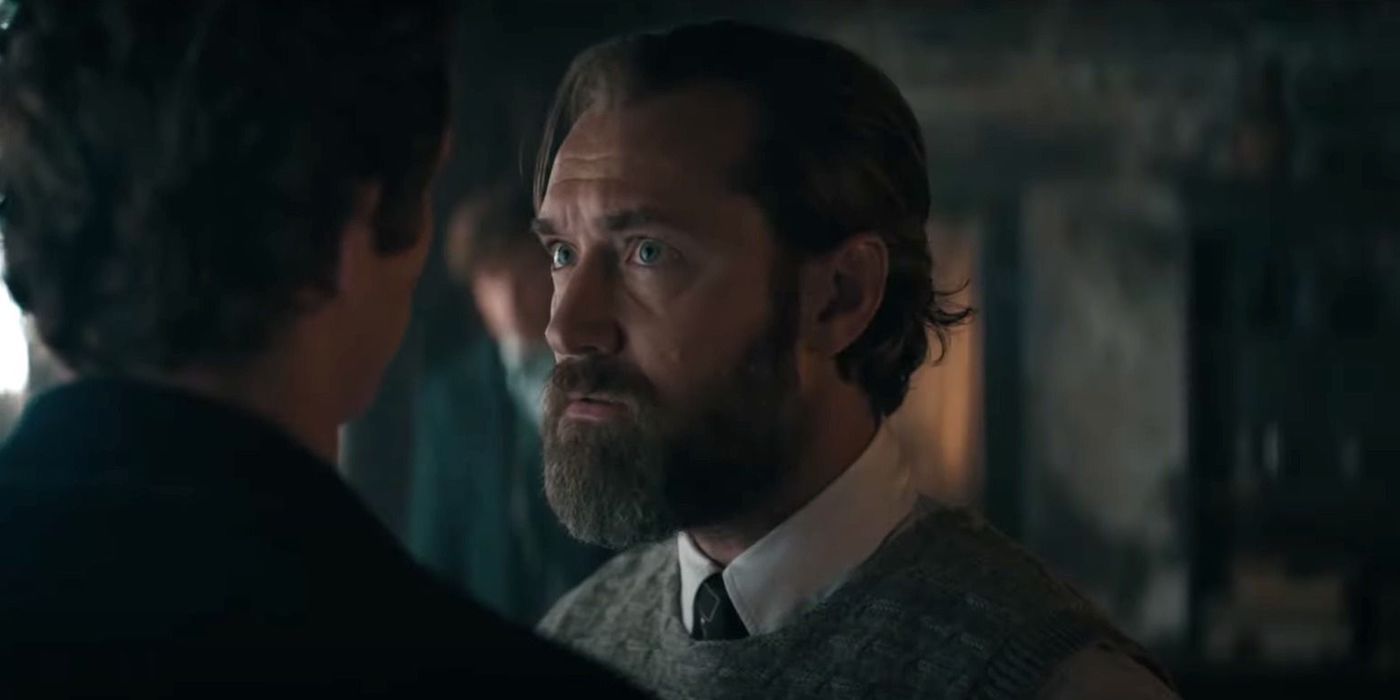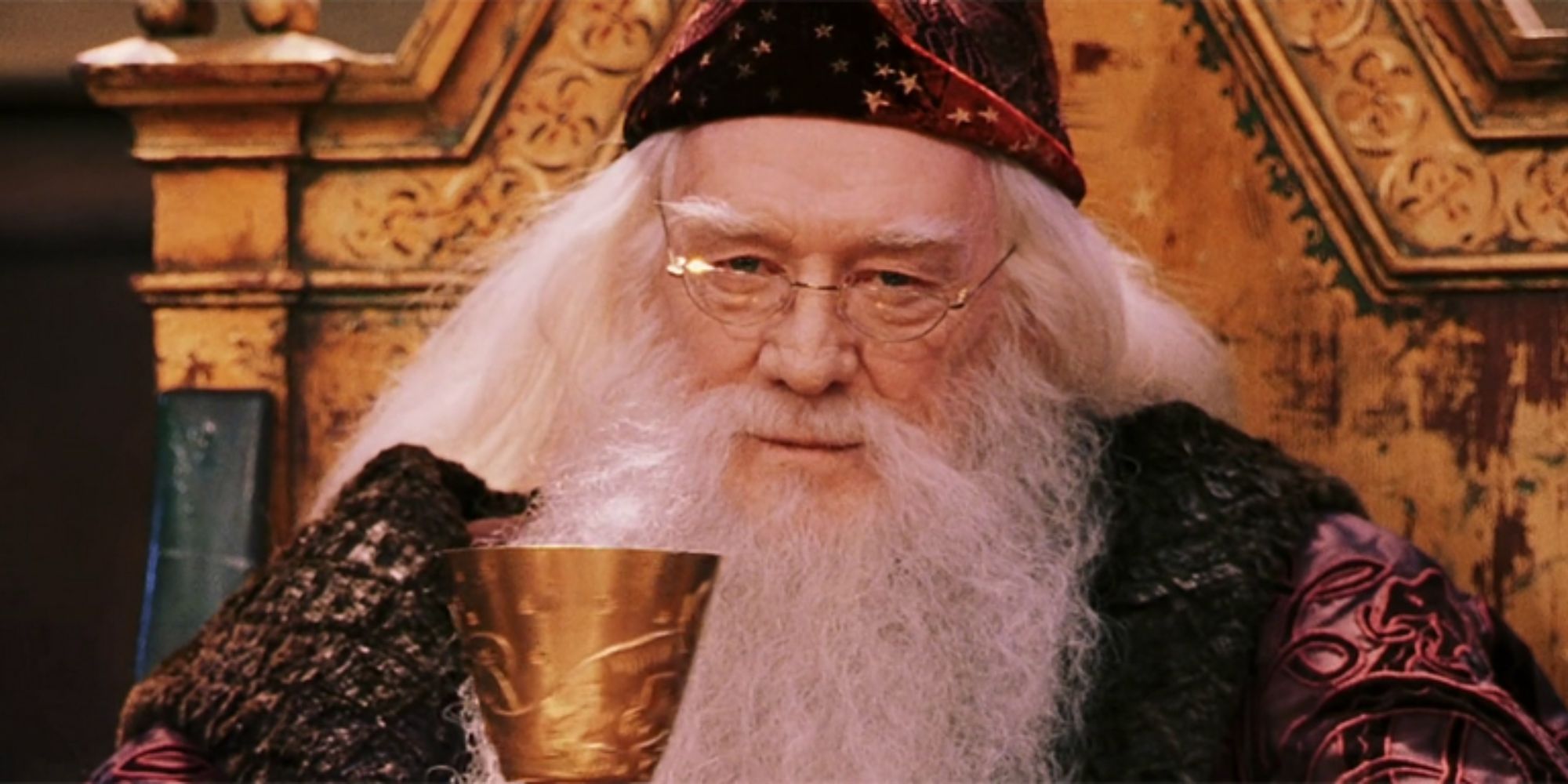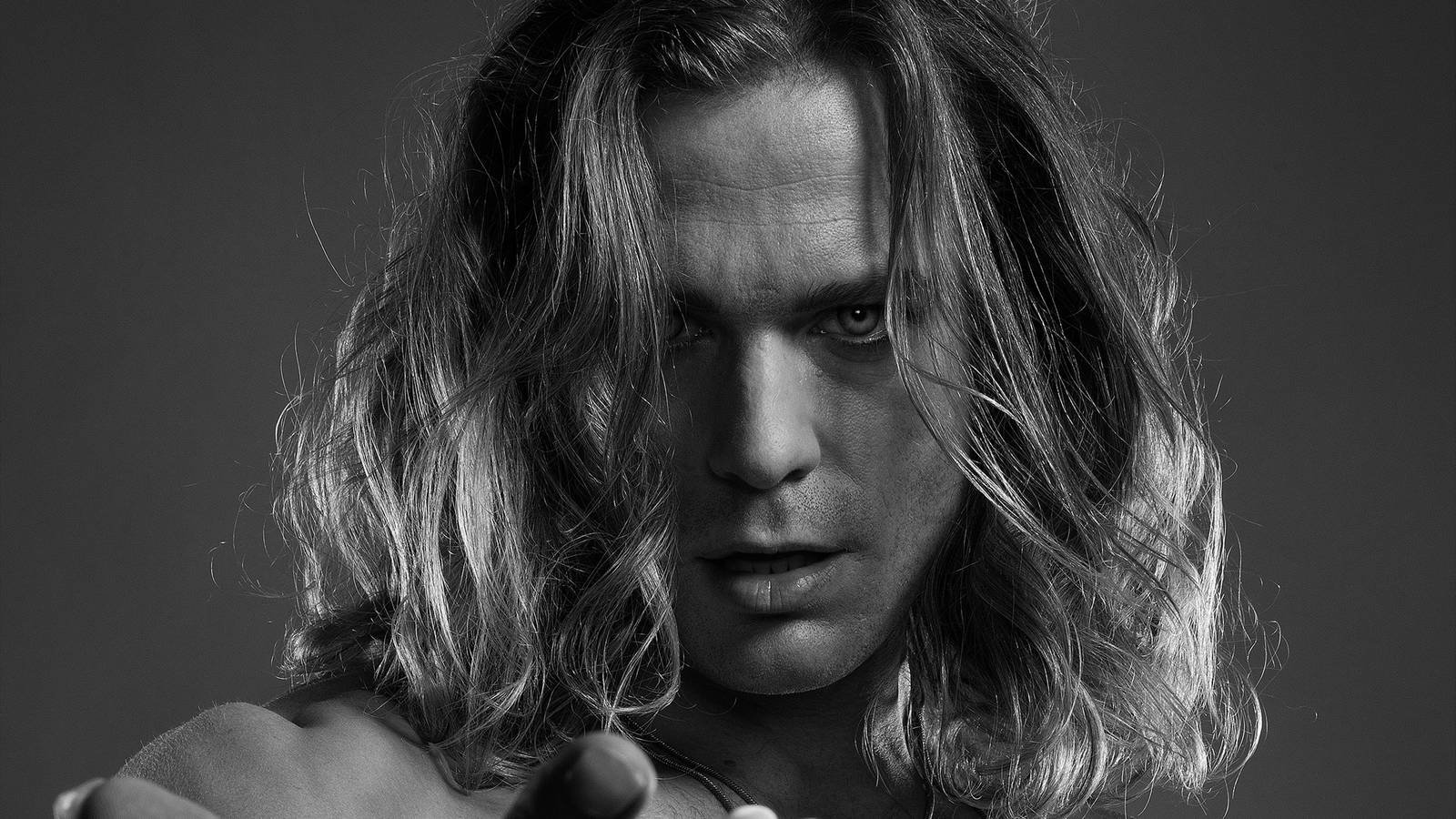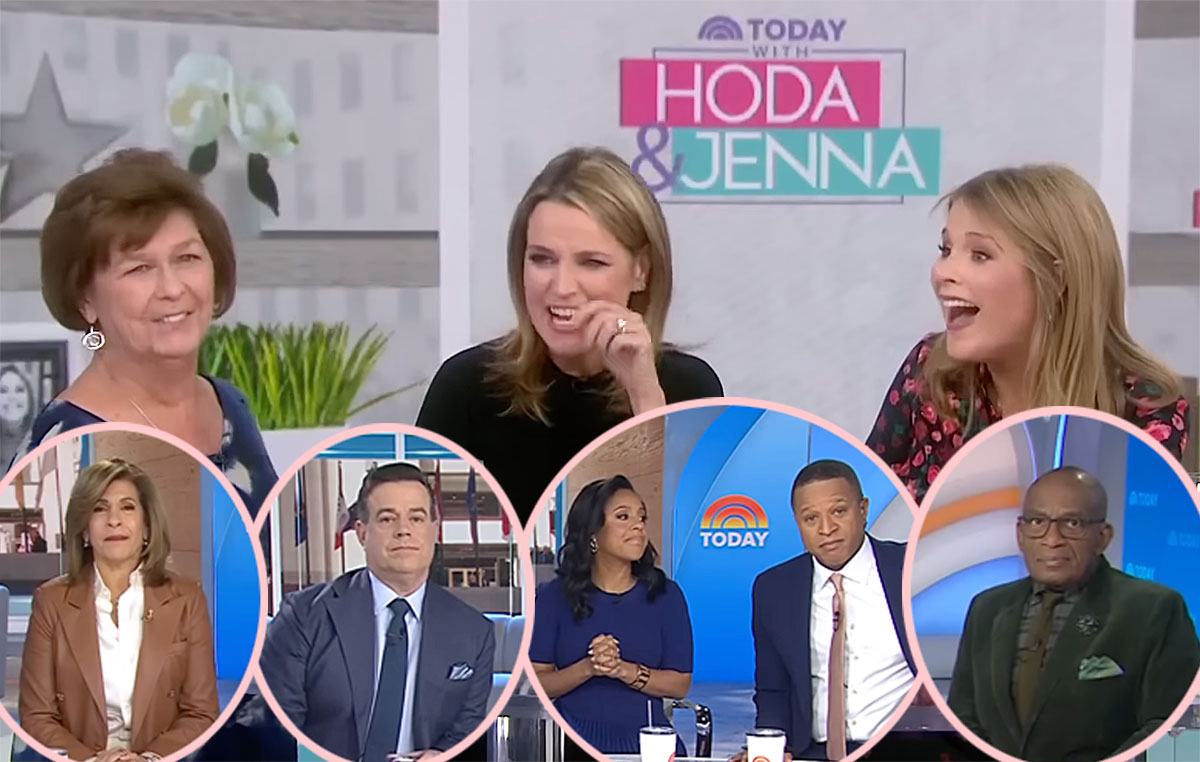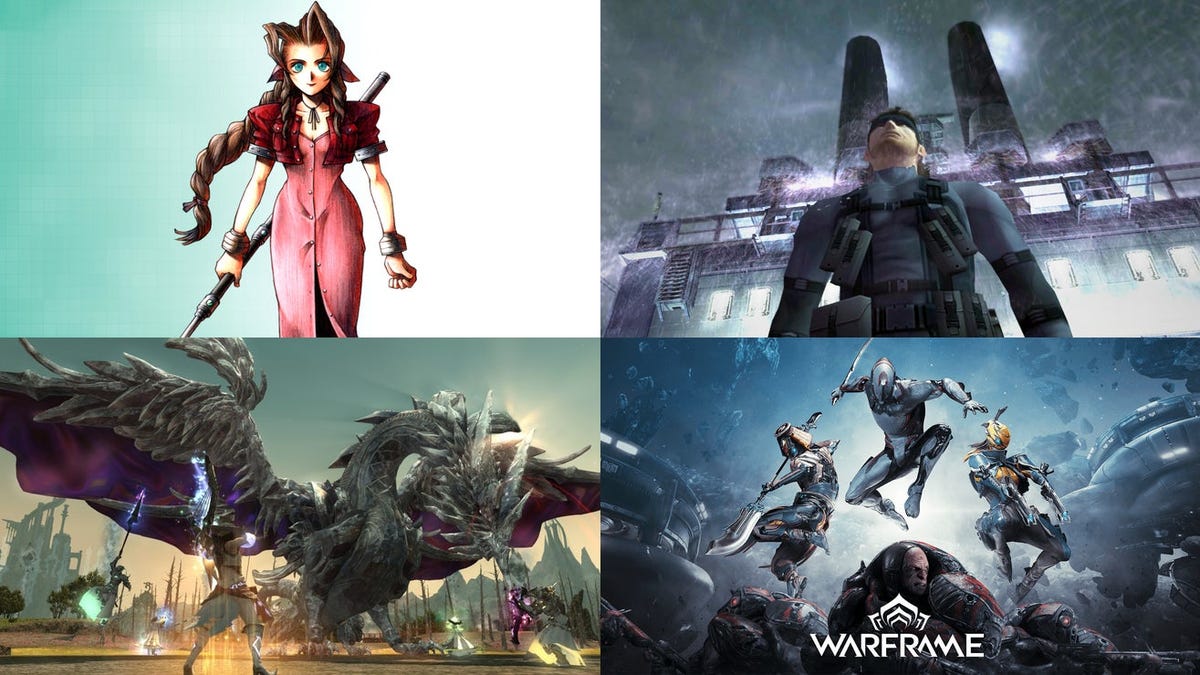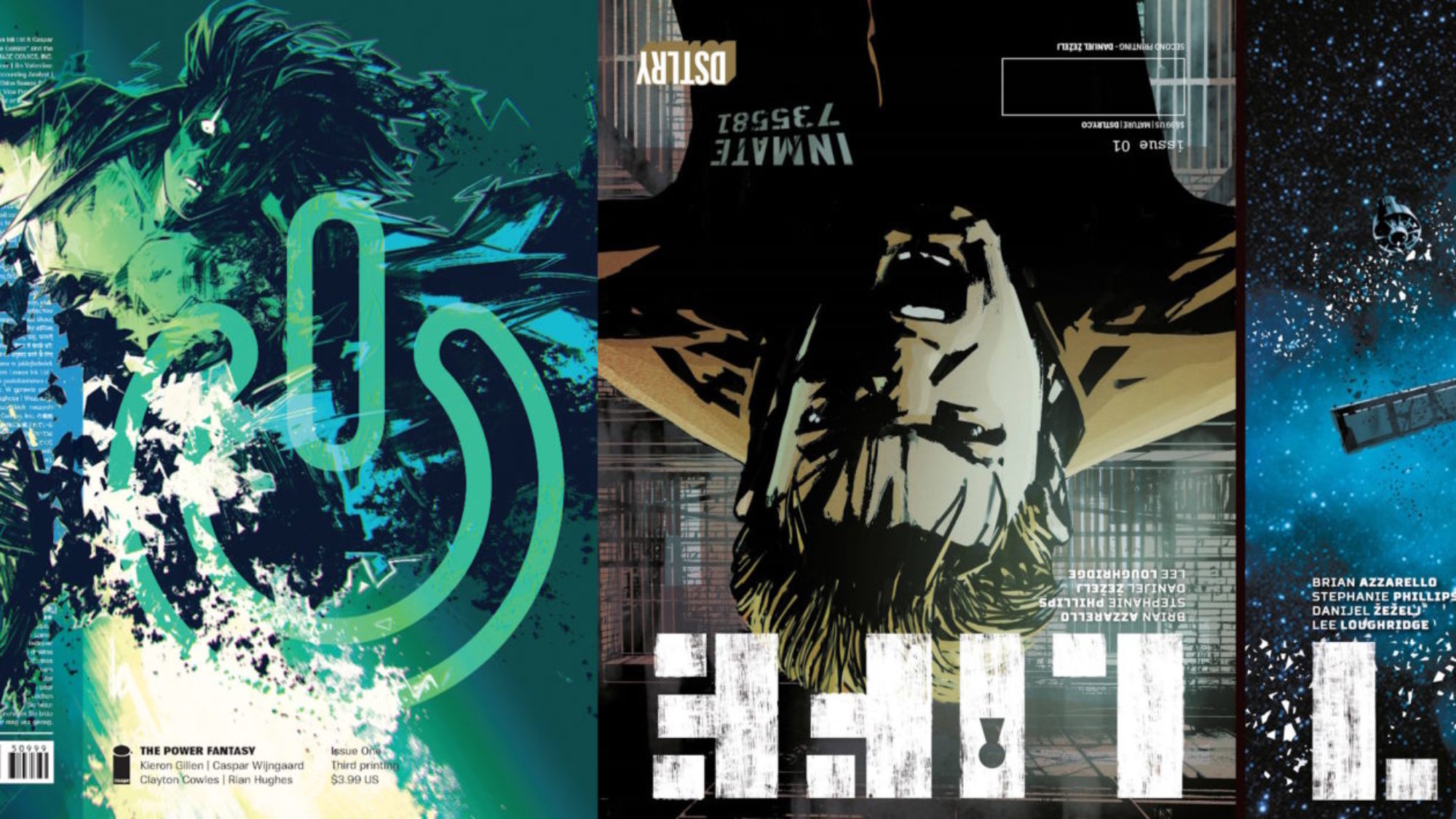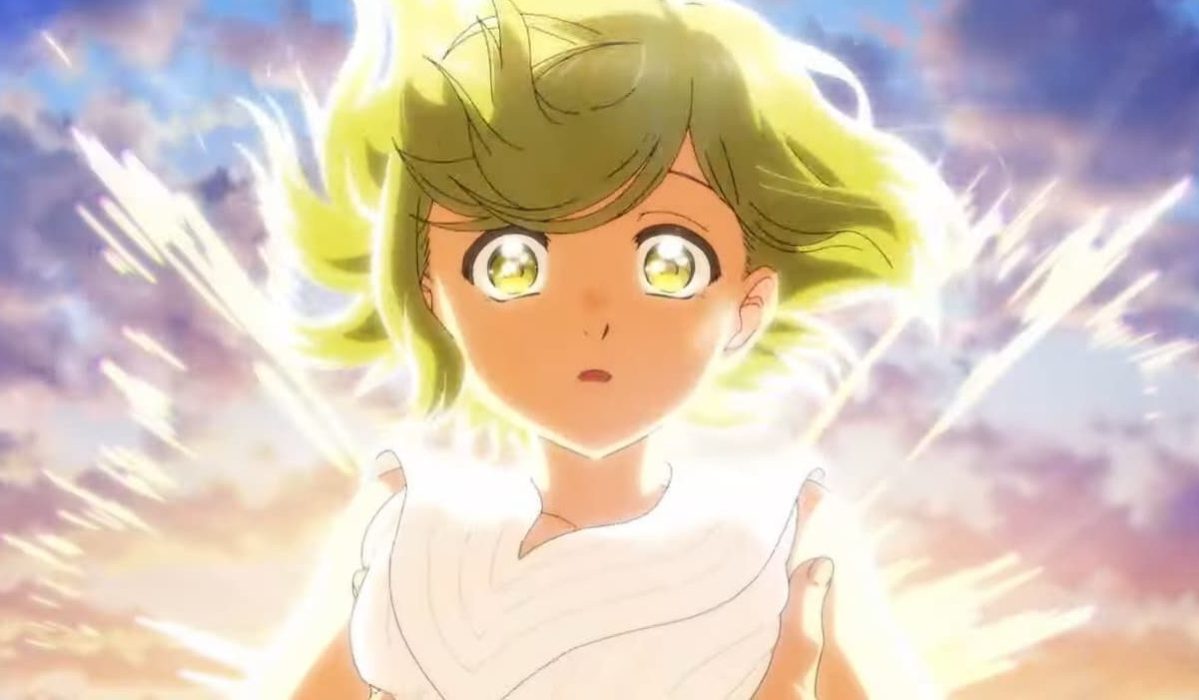The Big Picture
- Michael Gambon masterfully embodied Harry Potter’s Dumbledore, showcasing the character’s complexity and emotional depth over five films.
- Richard Harris brought warmth and charm to the role, establishing Dumbledore as a mentor figure with poignant moments.
- Jude Law’s portrayal of Dumbledore was limited by weak material, despite showing emotional vulnerability and charisma on screen.
It’s hard to think about the world of Harry Potter without thinking of Professor Albus Dumbledore. Outside of maybe Gandalf (played by the iconic Sir Ian McKellen, who almost played Dumbledore himself), there isn’t a wizard in fantasy literature who is as beloved as Dumbledore. The Headmaster of the Hogwarts School of Witchcraft and Wizardry helped to introduce Harry (Daniel Radcliffe) and his friends to the magical world. Over the course of the seven Harry Potter books, Albus Dumbledore became one of the most complex characters within the series. There was a layer of intrigue within his presence, and although readers learned many secrets about Dumbledore’s past, some mysteries remained shrouded in secrecy. The novels quickly proved that they couldn’t be contained to the page alone, and a film series was quickly put into production. Unquestionably, the biggest challenge would be finding three young actors who could grow and develop over the course of seven years (and ten years of production). However, nailing Dumbledore was just as important. The films needed a prominent mentor character who could be both tender and powerful.
Richard Harris, Michael Gambon, and Jude Law All Brought Something Different to Dumbledore
The legendary Irish actor Richard Harris was cast in Christopher Columbus’ Harry Potter and the Sorcerer’s Stone, but he tragically passed away after The Chamber of Secrets wrapped filming. He was subsequently replaced in the next film by another acclaimed Irish thespian, the legendary Michael Gambon, who tragically died in 2023 after having left an indelible mark on the Harry Potter series with his iconic portrayal as the Hogwarts Headmaster.
The Harry Potter prequel series decided to show a younger version of Dumbledore, and Jude Law first appeared in the second film, Fantastic Beasts: The Crimes of Grindelwald. However, it appears that Dumbledore’s adventures on screen may have reached a standstill. Following the underperformance of the third Fantastic Beasts film at the box office, it appears that Warner Brothers leaving the series behind. Controversy continues to surround original Harry Potter author J.K. Rowling, whose transphobic comments have made many longtime Wizarding World fans contemplate their dedication to the series. Although Rowling has never offered any condolences to the fans who were offended by her rhetoric, Warner Bros. officially confirmed the development of a seven-season Harry Potter television series with Rowling as a producer.
The complexity surrounding Rowling and a modern reprisal of the franchise specifically relates to the films’ depictions of Dumbledore himself. Dumbledore was confirmed by Rowling to be an LGBTQ character, even if she’s done very little to note that in her work itself. Nonetheless, Harry Potter fans (and specifically LGBTQ fans) should not have to associate Rowling’s complex feelings about the character with the lovely performances that brought him to life. Each of these great actors showed a different side of the complex mentor, friend, mystery, and icon that is Albus Percival Wulfric Brian Dumbledore. Here are all three Dumbledore actors, ranked.
3. Jude Law
Appears in ‘Fantastic Beasts: The Crimes of Grindelwald’ and ‘Fantastic Beasts: The Secrets of Dumbledore’
It’s no fault of Jude Law that his depiction of Dumbledore comes in last place. While there’s nothing wrong with his interpretation, Law was unfortunately saddled with the weakest material of the three actors. Fans were excited about the possibility of Dumbledore’s return when it was announced that he’d appear in the Fantastic Beasts series, as the Harry Potter books hinted at the complex backstory of Dumbledore’s relationship with the evil wizard Gellert Grindelwald. In the years since, Rowling revealed that the relationship was romantic. Unfortunately, this is barely mentioned in The Crimes of Grindelwald, and Law shares few scenes with Johnny Depp. He’s granted little more than an extended cameo, which feels a little disappointing considering how heavily promoted his appearance was in the film’s marketing material. The film’s rewriting of the Dumbledore family history landed with a dud in particular because Law himself was barely onscreen to react to it.
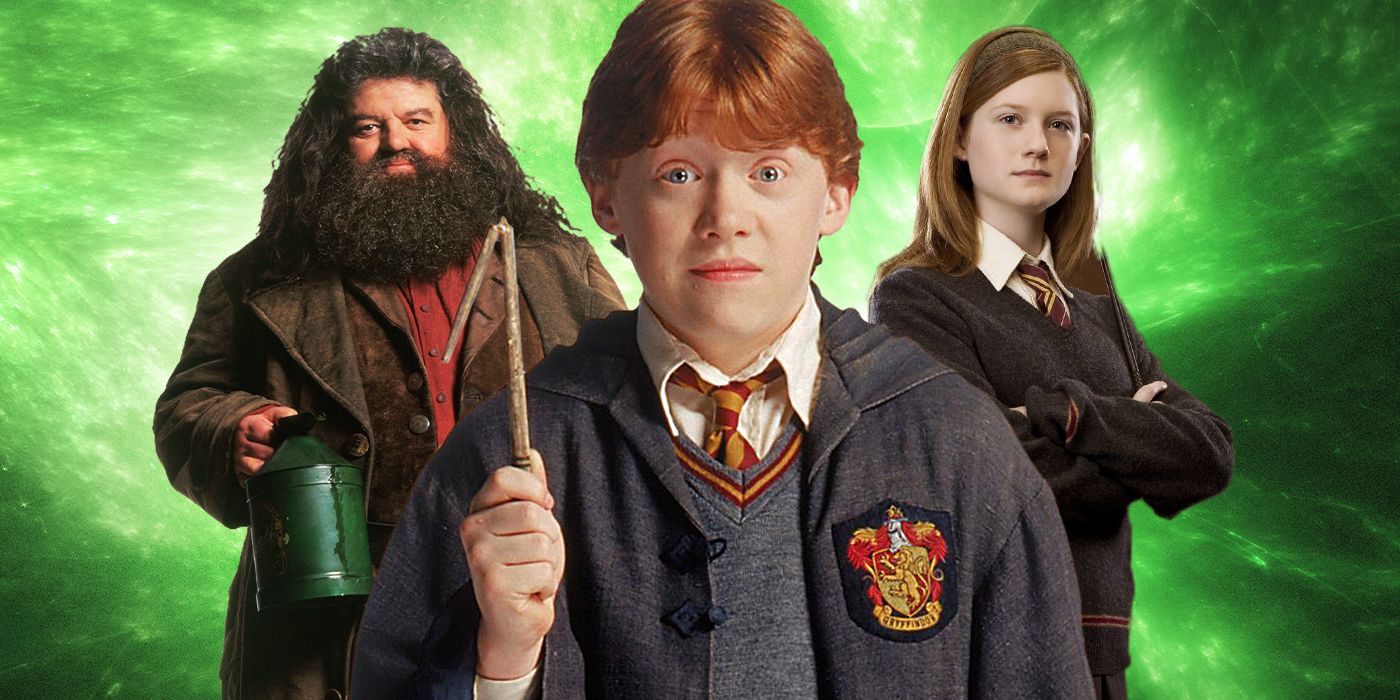
10 Characters the Harry Potter Movies Wasted
There Harry Potter characters are the embodiment of wasted potential.
Thankfully, Fantastic Beasts: The Secrets of Dumbledore improves on its predecessor in nearly every way. Not only was Mads Mikkelsen a better choice to play the series antagonist, but the film spent more time focusing on both men’s heartbreak. It is still rather tame, in what could have been a great opportunity for major LGBTQ inclusion in a blockbuster series. Law shows more emotional vulnerability within Dumbledore, but still has his charisma. While there’s still the same sense of mystery to him, Law has a youthful whimsy that is distinct, and we see some of the same playfulness that would become common to the character in the Harry Potter series. During the final battle, Dumbledore gifts the muggle baker Jacob Kowalski (Dan Fogler) with a wand and offers him words of inspiration that allow him to show bravery in the face of evil.
The Fantastic Beasts series seemed to experience a major shift at their midpoint; while originally it seemed like the prequel series would be little more than a few silly monster adventures and capers set within the Wizarding World, it became clear that the franchise was being used to show the extended backstory of the first “Wizarding War.” While fans may disagree with this change of direction, it certainly made more sense to feature Dumbledore as a more prominent part of the series. Despite his somewhat reduced screen time, the strength of Law’s role in the last two installments suggests that he would have been a much more charismatic and interesting lead protagonist than the rather bland performance by Eddie Redmayne as Newt Scamander.
2. Richard Harris
Appears in ‘Harry Potter and the Sorcerer’s Stone’ and ‘Harry Potter and the Chamber of Secrets’
Richard Harris’ death was a tragedy for the world of cinema in general, especially considering how active he was in his later years. Harris had played roles as iconic as King Arthur in the 1967 musical film Camelot and “English Bob” in Clint Eastwood‘s beloved western Unforgiven, but he did not treat his role in the Wizarding World series with any less respect. Harris perfectly fits the tone of the first two Harry Potter films. While the later films got much darker, the first two installments are relatively light family fare. They are very much intended for audiences who are the same age as the characters, and Dumbledore needed to be a warm, nurturing presence. Harris helped make the expositional scenes interesting, yet still crafted a complex character without hinting at the darkness that would later be revealed.
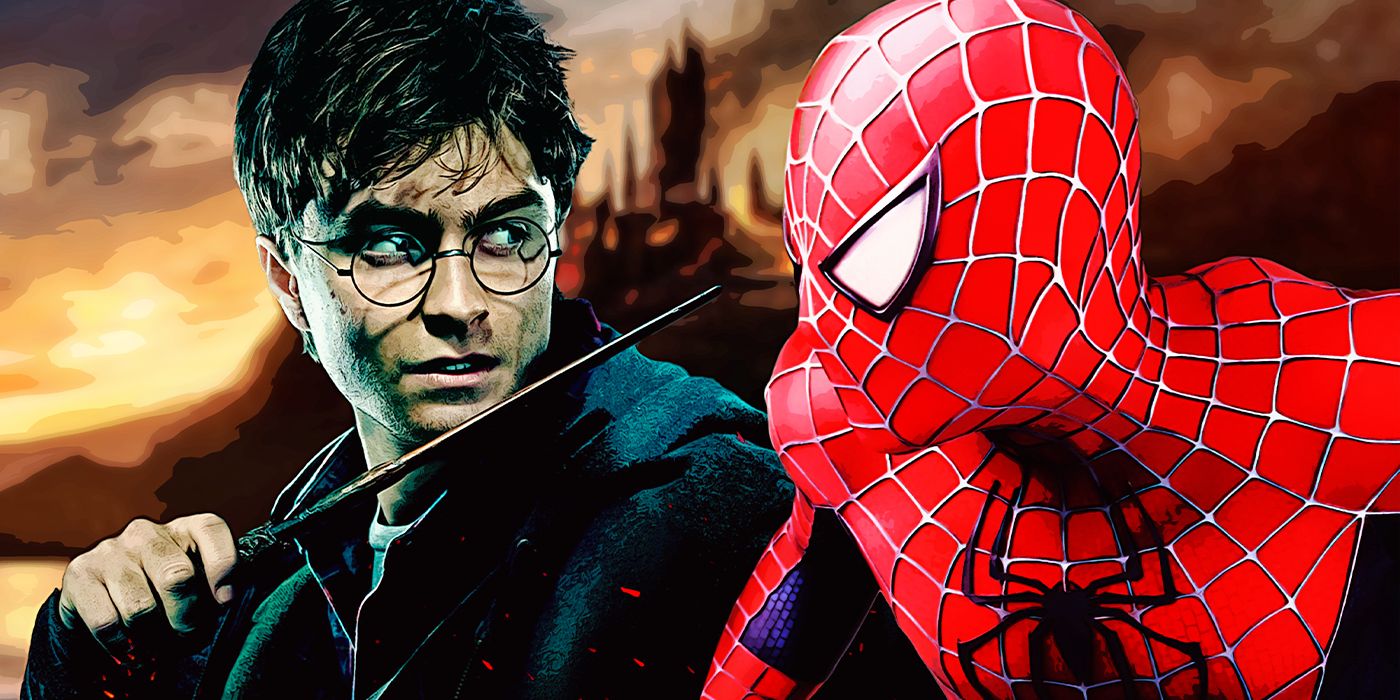
A ‘Harry Potter’ Director Gave Up His ‘Spider-Man’ Dreams for Hogwarts
Things could have turned out very differently for our friendly neighborhood wizards.
Harris simply spiced up the role and helped to define Dumbledore’s unique personality. He shares an important bond with Harry, and they even enjoy laughing together at the disgusting “ear wax” flavor of Bertie Bott’s Beans. Harris managed to be commanding without feeling too powerful. Even though The Chamber of Secrets is generally considered to be one of the weaker Harry Potter adaptations, Harris delivers the film’s best line: “It is not our abilities that show who we truly are; it is our choices.” In re-watching the franchise with the knowledge of how it ends, it’s fascinating to see how poignant and restrained Harris is in these early moments. While the character is clearly burdened with dark secrets that disturb him, he’s still able to serve as a force of positivity and offer Harry the guidance he needs to prepare for his destiny.
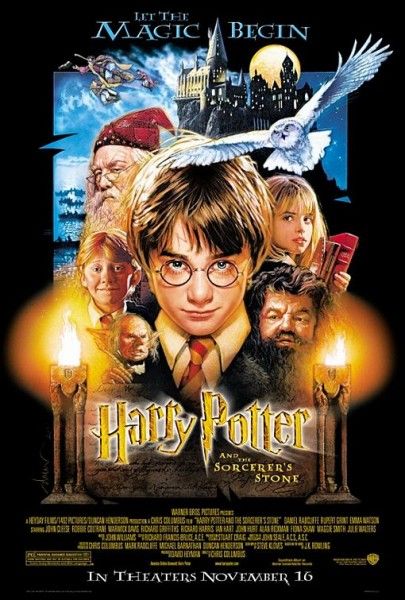
Harry Potter and the Sorcerer’s Stone
An orphaned boy enrolls in a school of wizardry, where he learns the truth about himself, his family and the terrible evil that haunts the magical world.
- Release Date
- November 16, 2001
- Runtime
- 152 minutes
- Writers
- J.K. Rowling , Steve Kloves
1. Michael Gambon
Appears in ‘Harry Potter and the Prisoner of Azkaban,’ ‘Goblet of Fire,’ ‘Order of the Phoenix,’ Half-Blood Prince,’ Deathly Hallows — Part 1,’ ‘Death Hallows — Part 2’
While he was obviously given the most time to develop the role, appearing in six of the eight Harry Potter films,Michael Gambon truly embodied Dumbledore. Throughout his six appearances (while only having a brief cameo in the seventh film), Gambon hinted at the complexity within the character, showing how his relationship with Harry changes over time. As Harry grew older, he realized that his cheerful headmaster had planned things years in advance, and hid many elements of his past from nearly all the other characters. Harry grows to both admire and question his teacher even more. After The Half-Blood Prince, he has to mourn him too. Radcliffe’s increased maturity as an actor was evident during the scenes that he shared with Gambon.
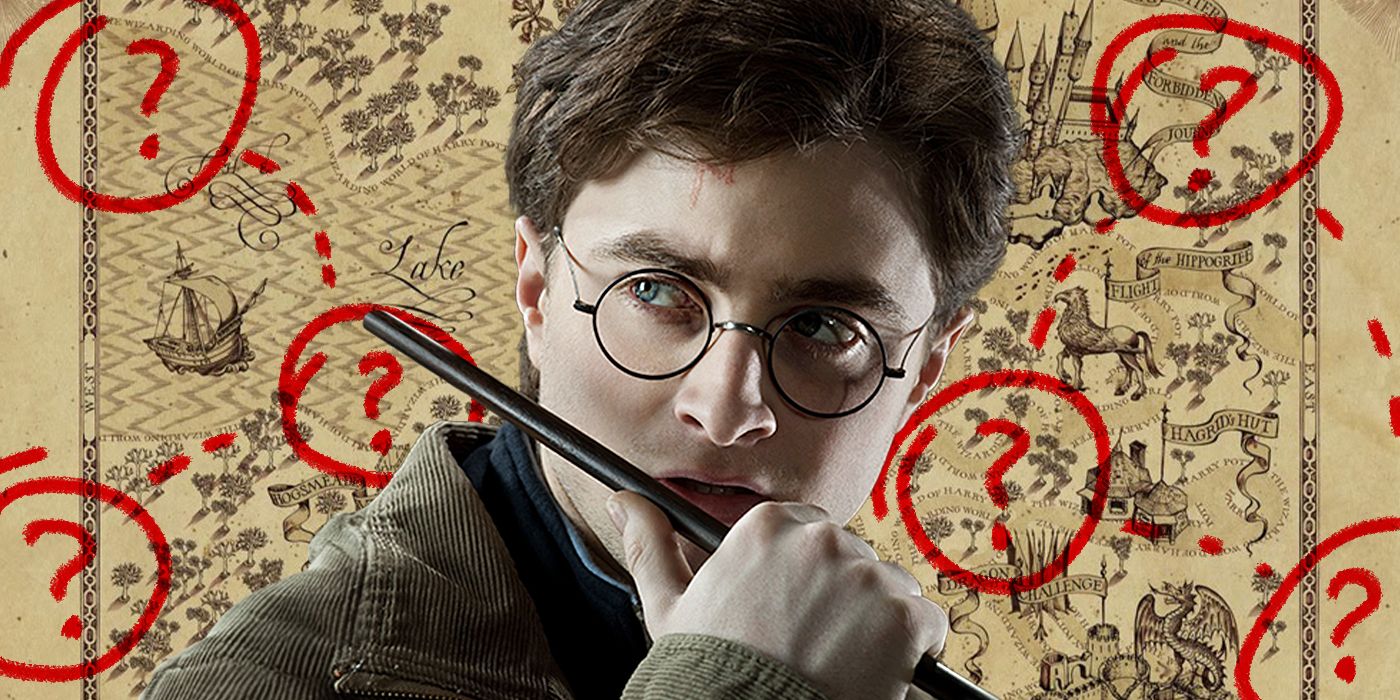
10 Missing Locations From The Harry Potter Movies
Who else is angry that we never got to see the Ravenclaw Common Room?
Gambon made Half-Blood Prince particularly emotional; even though readers knew Dumbledore’s death was coming, losing such a consistent character helped to make the later films even more bleak and mature. Gambon also brought some of Dumbledore’s most iconic sequences to life. For example, his battle with Lord Voldemort (Ralph Fiennes) in The Order of the Phoenix is thrilling, and Gambon shows how Dumbledore’s relationship with the Dark Lord began in the flashbacks in The Half-Blood Prince. Gambon’s final moments as the character in The Deathly Hallows — Part 2, in which Harry sees Dumbledore in the Wizard World’s version of the afterlife, are simply perfect. This could have easily been one of the most melodramatic or confusing moments if it didn’t capture the novel’s ambiguity, but Gambon beautifully wraps up the series’ themes.
While he certainly had the most material to work with, Gambon also showed a more human side of Dumbledore, who has lived to regret things from his past, and sometimes struggles with how his actions will be perceived. His conversations with Severus Snape (Alan Rickman) shed insight into the dynamic between the two that casts the entire series in a new light. Despite their tremendous success and acclaim, none of the Harry Potter films received any Academy Award nominations in any of the acting categories. However, if there’s one performer whose work deserves to be singled out as worthy of recognition, it’s Gambon’s. Many veteran British actors appear throughout the Harry Potter series, but Gambon might be the strongest of them all.
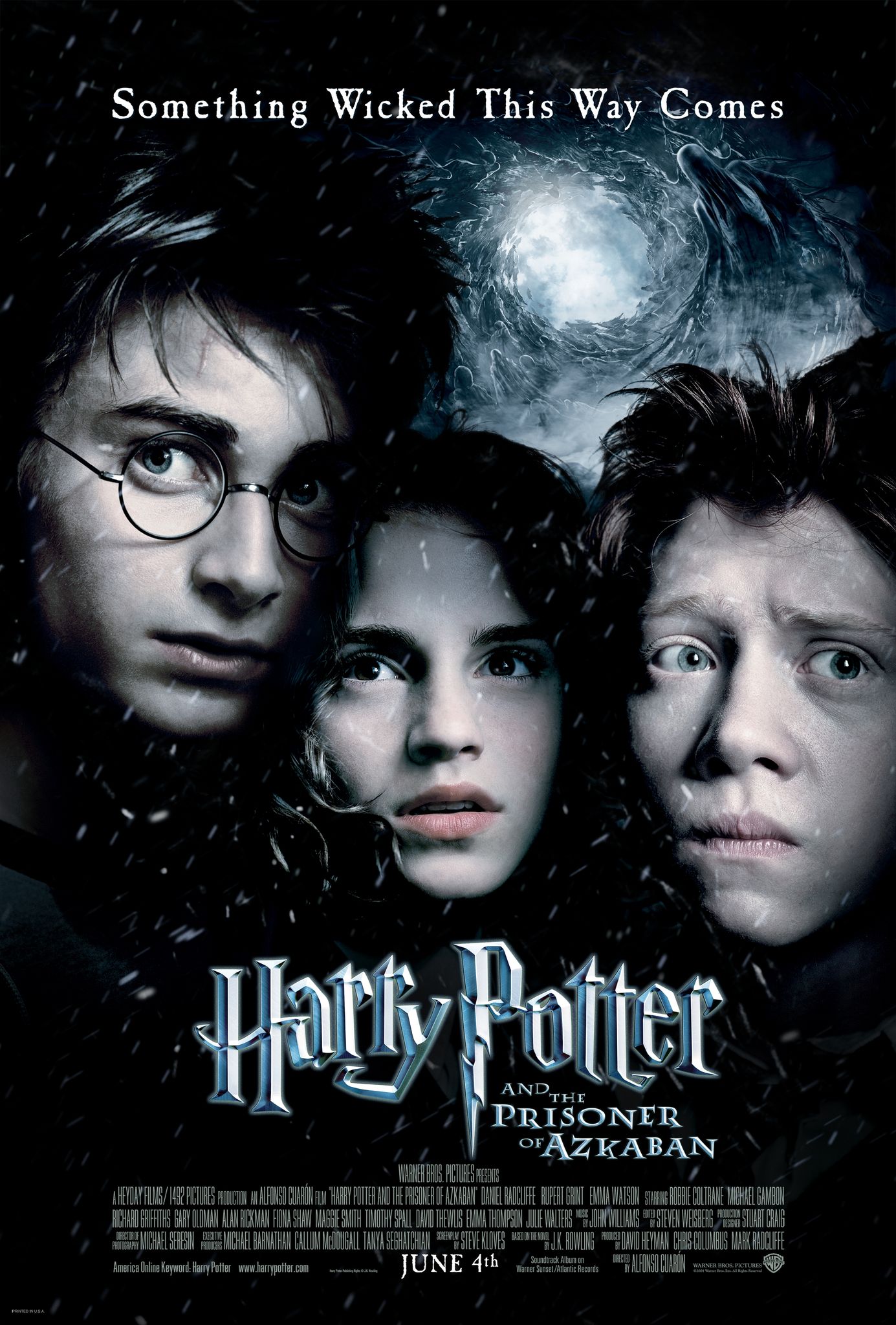
Harry Potter and the Prisoner of Azkaban
Harry Potter, Ron Weasley, and Hermione Granger return to Hogwarts School of Witchcraft and Wizardry for their third year of study, where they delve into the mystery surrounding an escaped prisoner, Sirius Black, who poses a dangerous threat to the young wizard.
- Release Date
- May 31, 2004
- Director
- Alfonso Cuarón
- Runtime
- 141
- Writers
- J.K. Rowling , Steve Kloves
All Harry Potter and Fantastic Beasts films are available to stream on Max in the U.S.
Watch on Max

